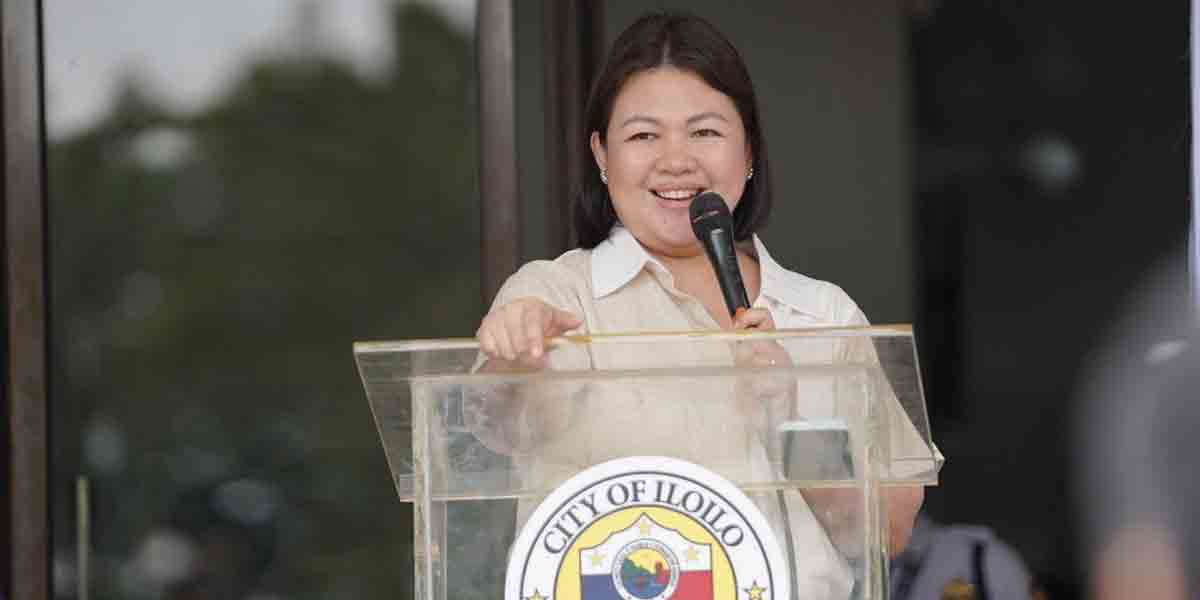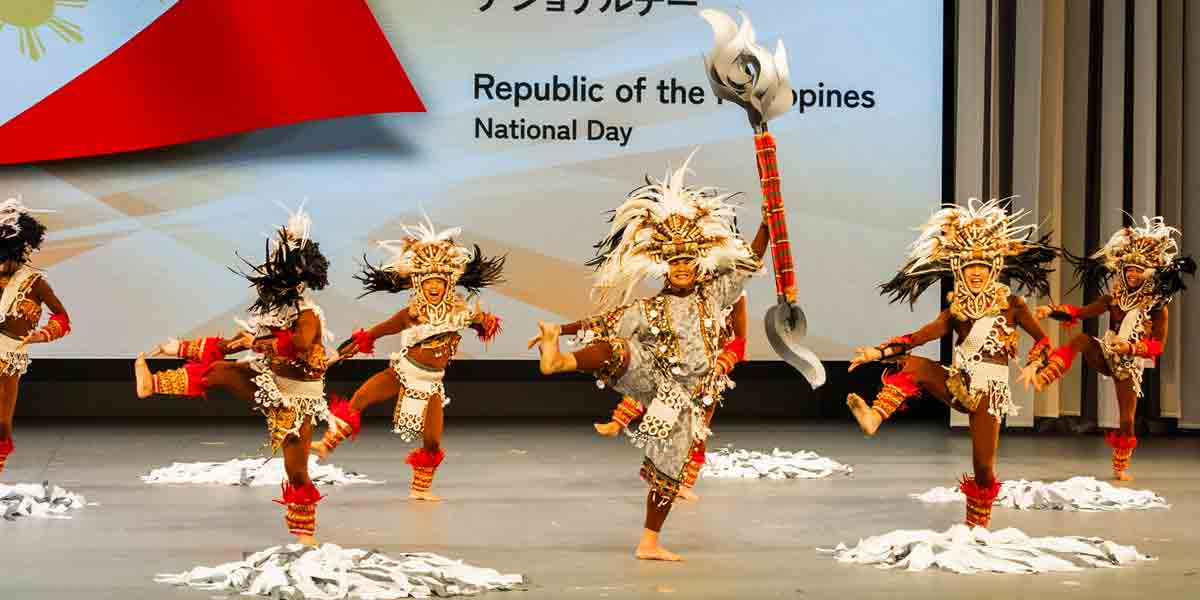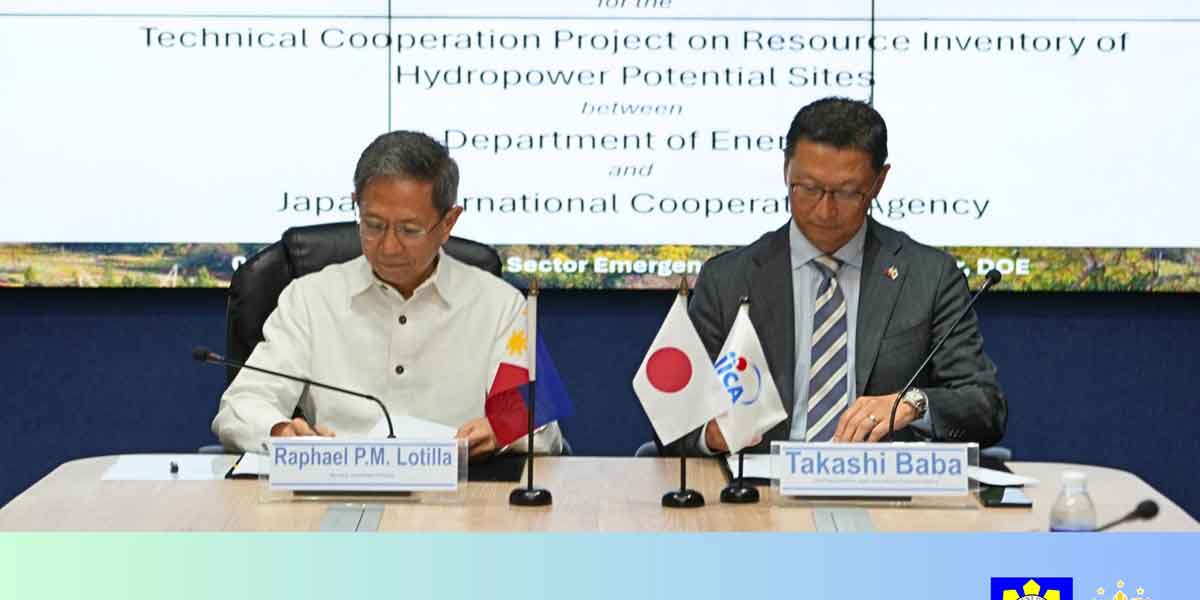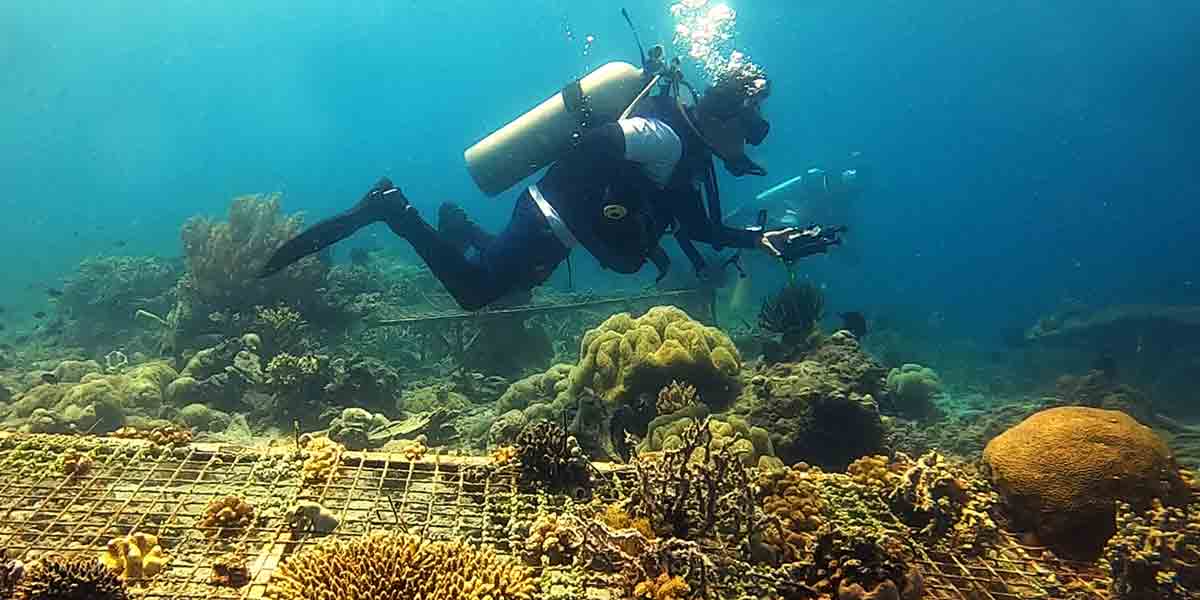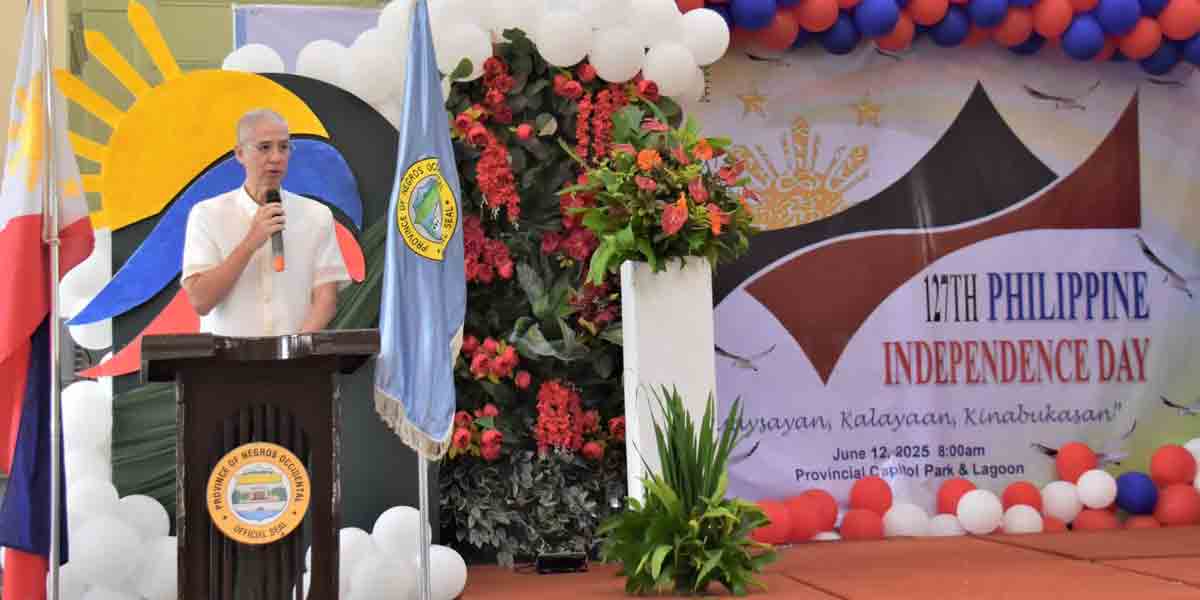The Philippines has urged international financial institutions (IFIs) to strengthen their support for emerging markets and developing economies (EMDEs) amid mounting global challenges.
Through the Department of Finance (DOF), the country called for greater intervention from institutions such as the World Bank (WB) and the International Monetary Fund (IMF), emphasizing the need for timely and accessible financing, technical assistance, knowledge support, and enhanced policy dialogue.
“International financial institutions, such as the World Bank and the International Monetary Fund, must be adequately equipped and are called upon to step in more decisively to support EMDEs through timely and accessible financing, technical assistance, knowledge support, and enhanced policy dialogue,” DOF International Finance Group Undersecretary Joven Balbosa said during the Intergovernmental Group of Twenty-Four (G-24) Ministers and Governors Meeting on April 22, 2025, at the IMF Headquarters in Washington, D.C.
Undersecretary Balbosa represented Finance Secretary Ralph G. Recto, who chaired the G-24 Bureau from 2023 to 2024 and now sits as a non-executive member.
The high-level meeting, held under the theme “Enhancing Domestic Responsiveness in a Shock-Prone World,” gathered Finance Ministers and Central Bank Governors of G-24 member countries to discuss areas where IFIs can amplify their support.
Balbosa highlighted the complex challenges EMDEs like the Philippines face, citing economic shocks, constrained fiscal space, climate change, and escalating geopolitical and trade tensions.
He stressed that global trade’s interconnected nature demands careful management of potential spillovers and spillbacks from trade measures, noting the critical role of ASEAN economies in global supply chains.
Beyond international aid, Balbosa emphasized the importance of implementing sound fiscal and monetary policies responsive to global economic shifts to safeguard long-term resilience and stability.
He also urged the World Bank and IMF to strengthen collaboration with other IFIs and to innovate financing mechanisms for projects that drive global growth and development.
In her opening remarks, World Bank Managing Director of Operations Anna Bjerde introduced the newly launched Project Preparation Facility (PPF), aimed at helping developing countries overcome project preparation barriers.
“We think it will be very helpful in preparing good projects that are important for your development,” Bjerde said, noting that the facility is available to both International Bank for Reconstruction and Development and International Development Association clients.
She added that the World Bank is signing memoranda of understanding with other agencies to facilitate joint financing.
The Bank also transformed its financial model with the Framework for Financial Incentives (FFI) to encourage clients to invest in projects with cross-border benefits.
Meanwhile, IMF Managing Director Kristalina Georgieva acknowledged the Philippines’ remarks on spillovers and the necessary policy actions.
“I can assure you, we take our responsibility to buffer countries very seriously,” Georgieva said.
“Before we started this meeting at the Fund, we had a review of all countries’ degrees of vulnerability. What can we do? And I know the Bank does the same thing, and together, we actually can provide some assurances that countries are not on their own in this more difficult time,” she added.
During the meeting, G-24 members approved a Communiqué promoting innovative financial instruments, advancing climate action, encouraging effective domestic resource mobilization, and enhancing multilateral cooperation on tax reforms and trade policies.
The full text of the G-24 Communiqué can be accessed here (https://www.imf.org/en/News/Articles/2025/04/22/cm042225-intergovernmental-group-of-twenty-four-on-international-monetary-affairs-and-development).
Formed in 1971, the G-24 coordinates the positions of developing countries on international monetary and development finance issues and ensures their interests are represented in global negotiations.
The G-24 now has 29 members, including the Philippines, Algeria, Argentina, Brazil, China, Colombia, and South Africa.

